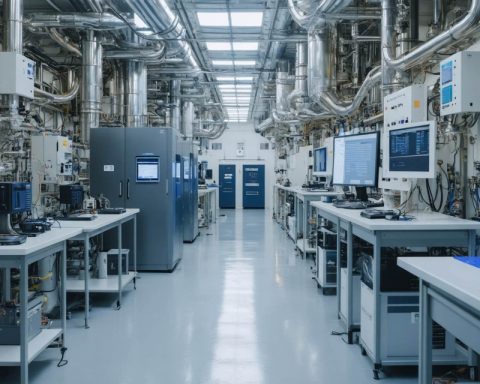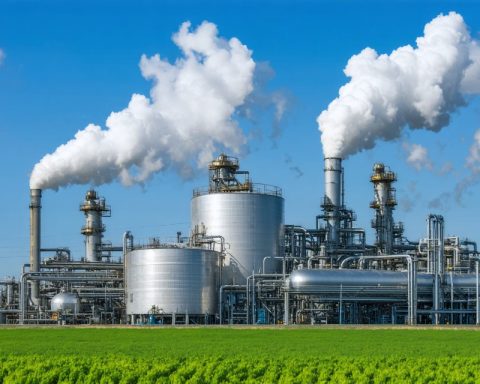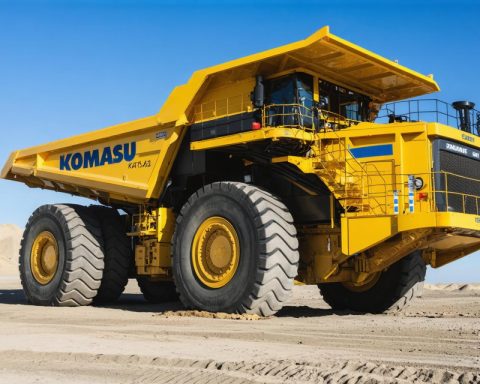Browse TagHydrogen in Steel Production
Hydrogen in steel production refers to the use of hydrogen as a reducing agent in the steelmaking process, particularly in the context of producing steel with lower carbon emissions. Traditionally, steel is produced from iron ore using carbon-intensive methods, primarily through the blast furnace process that relies on coke (a form of carbon) to reduce iron ore to iron. This process results in significant carbon dioxide emissions.The integration of hydrogen aims to replace coke with hydrogen, which reacts with iron ore to produce iron and water vapor instead of carbon dioxide. This shift is part of a broader effort to decarbonize the steel industry, which is one of the largest industrial sources of carbon emissions globally. Hydrogen can be produced from renewable sources, making it a cleaner alternative to fossil fuels.Utilizing hydrogen in steel production is seen as a crucial step towards sustainable manufacturing and achieving climate goals. Various pilot projects and research efforts are underway to establish the technical and economic viability of hydrogen-based steelmaking.











